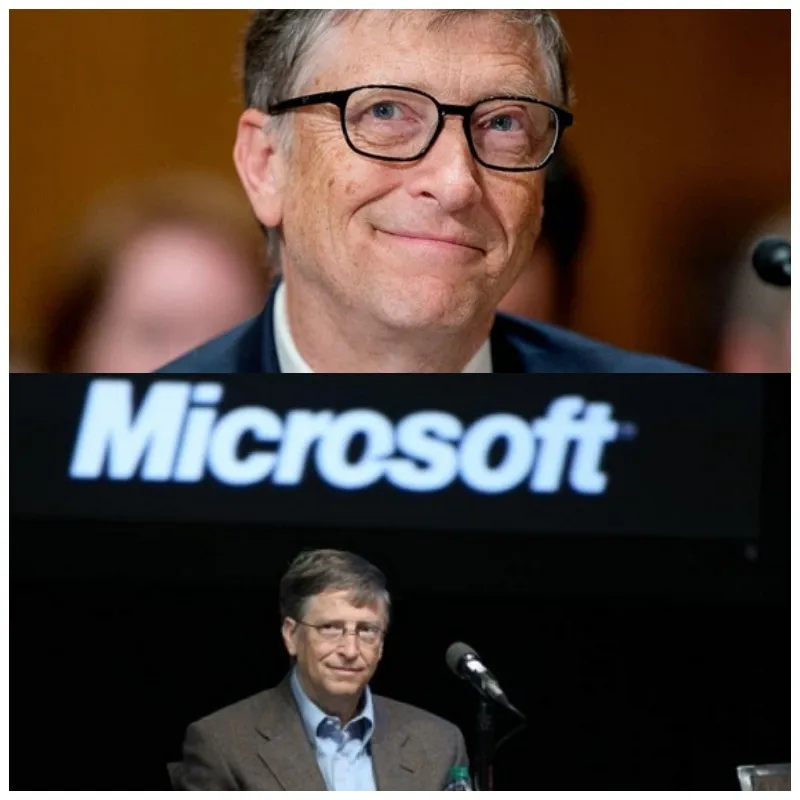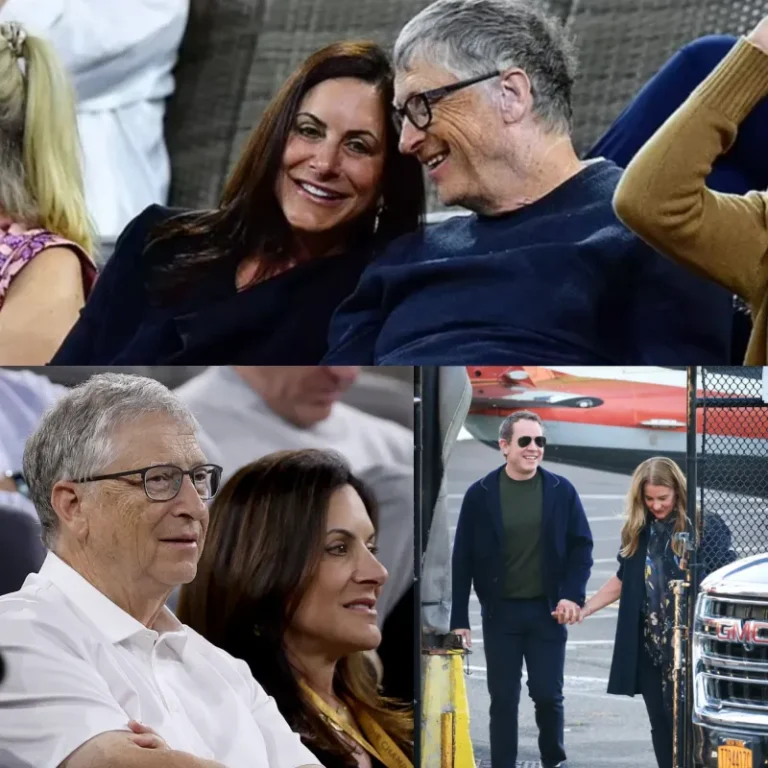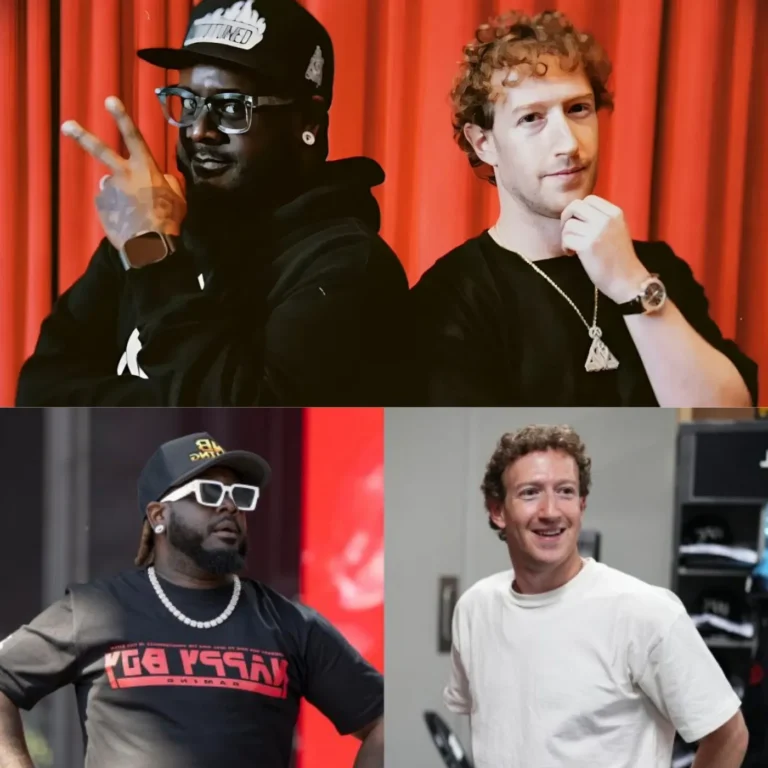
Although Bill Gates no longer holds an official position at Microsoft, sources suggest he continues to influence the company’s key decisions regarding artificial intelligence (AI).
A Vision for AI
In 2017, before Microsoft’s partnership with the then-unknown startup OpenAI, Gates drafted a strategic document with CEO Satya Nadella and top executives. In this document, he envisioned a future where AI agents—intelligent systems capable of making decisions and predicting human needs—would revolutionize the world. Gates predicted that these AI agents would go far beyond virtual assistants like Siri or Alexa, completely transforming human-computer interaction and the software industry.
“This agent will not only change the way people interact with computers, but will also transform the software industry, bringing about the biggest revolution in computing since humans went from typing commands to touching icons,” Gates wrote in the document.
Initially, many Microsoft executives found Gates‘ ideas too futuristic and doubted the company’s ability to create such advanced technology. However, this document laid the groundwork for what would later become Copilot, Microsoft’s AI assistant.

Quietly Building Microsoft’s AI Empire
Publicly, Gates has distanced himself from Microsoft since 2021, following a scandal related to inappropriate behavior with female employees. Yet, insiders suggest that Gates has remained quietly involved in Microsoft’s AI endeavors. Gates continues to advise Microsoft on AI strategy, product development, and recruitment of senior AI directors. He is also known to maintain a close relationship with Sam Altman, the co-founder of OpenAI.
While CEO Satya Nadella is seen as the public face of Microsoft’s AI success, Gates is often described as the man behind the scenes. Several sources confirm that Nadella and the senior leadership team frequently consult Gates on major decisions.
Nadella has consistently spoken highly of his relationship with Gates. In 2014, when Nadella took over as CEO, he asked Gates to spend 30% of his time as a technical advisor. In 2020, when Gates stepped down from the board, Nadella publicly acknowledged Gates’ ongoing influence on Microsoft’s products and services.

The Microsoft-OpenAI Connection
Gates‘ involvement with AI stretches back to 2016, when he began meeting with OpenAI’s top executives. Over time, he transitioned from trying to develop AI in-house at Microsoft to partnering with external innovators like OpenAI. Leaders at OpenAI frequently presented their latest advancements to Gates, even hosting meetings at his Washington mansion.
In mid-2022, Gates issued a challenge to OpenAI’s Sam Altman: create an AI model that could pass a high school exam—a task Gates believed impossible. A few months later, OpenAI debuted GPT-4, which not only passed the exam but left Gates in awe. He called it “the most amazing demo I’ve ever seen in my life.”
Gates soon blogged about how Microsoft should leverage GPT-4, calling it a digital personal assistant that could handle emails, attend to meetings, and help users manage daily tasks.

Gates’ Continued Influence
Following this demonstration, Microsoft accelerated its AI efforts. Nadella organized a meeting to ensure that Microsoft’s search, cybersecurity, and Office teams would integrate AI into their products. By early 2023, Microsoft introduced Bing AI, powered by GPT-4.
OpenAI spokesperson Kayla Wood confirmed that Altman and Gates are close, and Gates’ opinions carry significant weight at OpenAI.
In 2023, when Altman faced temporary dismissal by OpenAI’s board, Gates reportedly reached out to offer assistance in resolving the situation, further demonstrating his influence.

Gates’ Ongoing Role at Microsoft
While Bill Gates has publicly stepped back from Microsoft, his influence, especially in AI, remains strong. His strategic insights, relationships with AI leaders, and continued involvement in key decisions suggest that Microsoft’s 2024 still reflects Gates‘ long-standing vision. Despite past controversies, Gates’ role at Microsoft remains significant, if often behind the scenes.






